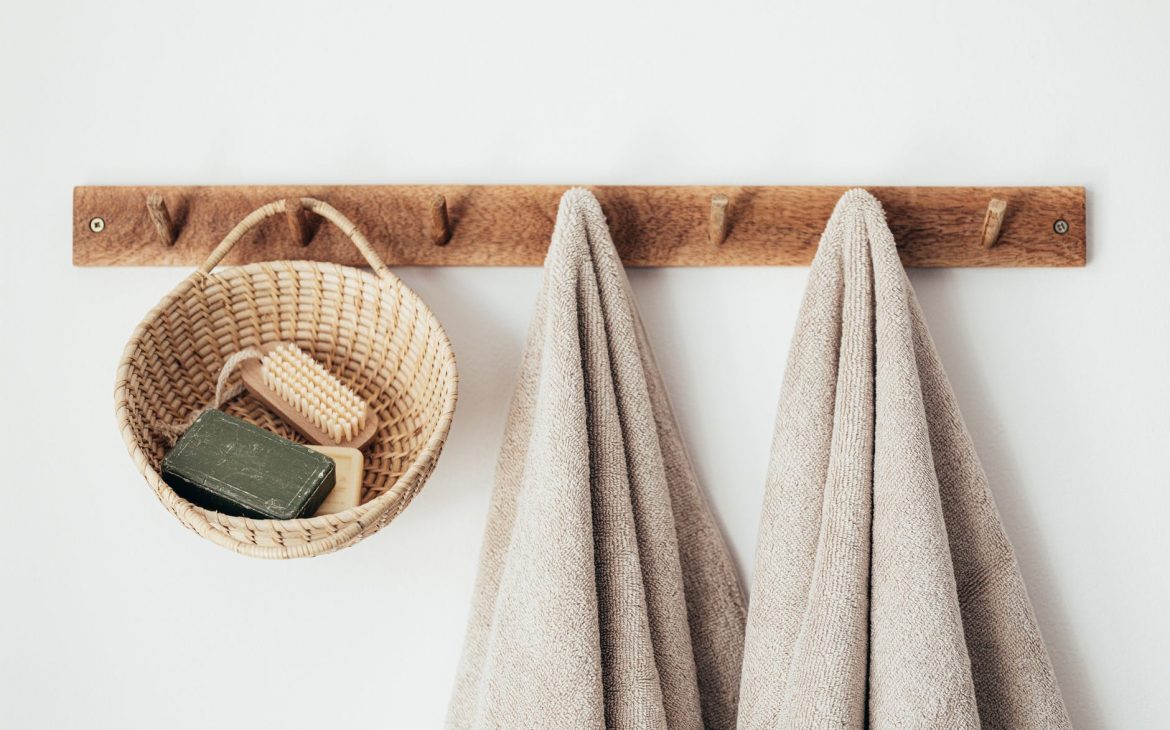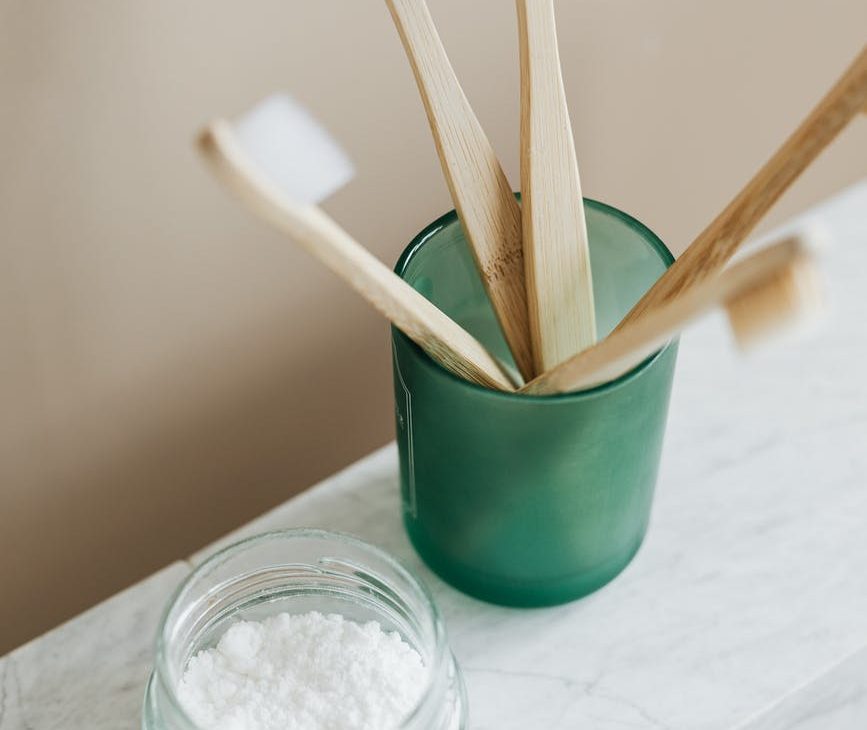How to Incorporate Sustainable Lifestyle Choices into Your Everyday Life
As we become more aware of the impact our actions have on the planet, many women are seeking to practise more sustainable lifestyles. Sustainability has grown more popular over the years, with 73% of global consumers prepared to change their consumption habits to positively impact the planet. It’s great to hear that we’re prepared to make the change – but where do we start?
Here, we look at the key ways you can incorporate simple, sustainable lifestyle choices into your everyday life.
Aim to live a minimalist lifestyle

Over-consumption is one of the biggest dangers to the planet. Platforms including Instagram have reignited our consumerist desires thanks to the proliferation of influencers and heavily targeted adverts. They play on our insecurities and our desires to emulate our favourite stars.
How to Incorporate Sustainable Lifestyle Choices into Your Everyday Life
It can be difficult to change the habit of a lifetime. One of the most straightforward ways you can cut out buying unnecessary items is to ask if you really need it. When it comes to beauty or fashion items, stick to the rule of only buying new items to replace empties or pieces that are no longer wearable. Don’t forget to upcycle or recycle those items if you can – some beauty brands including MAC will reward recycling your empties with a free lipstick. Similarly, your clothes can be repurposed if you donate them to textiles and fabric collections.
If sustainability isn’t enough to convince you to be less materialistic, maybe the studies that found excessive consumerism contributes to unhappiness will.
Ditch fast fashion for timeless, lasting pieces

The shift to sustainability is impacting the fashion sector. Ethical brands with transparent processes are becoming more popular. This is leading well-established labels to explore ways they can be more sustainable. With the UN identifying fashion as the second-biggest global polluter, it’s clear something needs to change.
Over-consumption feeds into fast fashion. It’s one of the most damaging aspects of the fashion industry and is a particular problem in the UK. British consumers buy 26.7kg of clothes on average every year, compared to the lower figure of 15.6kg across the rest of Europe.
How to Incorporate Sustainable Lifestyle Choices into Your Everyday Life
To avoid fast fashion, you can shop at eco-friendly clothing brands which are transparent about their processes. Shopping with sustainable brands doesn’t have to be expensive, either. Ethical fashion brand Aligne is dedicated to the fight against fast fashion with timeless pieces at an affordable price point.
Shopping at charity and vintage shops is also encouraged. Pre-loved clothing items might otherwise end up in a landfill – and the ultimate goal of sustainable fashion is to prevent this. Actively look for sustainable fabrics, such as recycled cashmere and polyester, organic cotton and denim.
Prioritise reusable items

One of the biggest shifts we’ve seen towards sustainability in the UK is the implementation of reusable items. Whether it’s shops encouraging you to use bags for life or coffee shops offering discounts for customers using reusable cups, it’s a big part of our lives now.
Like any other new habit, it can take some time to embed these practices into your everyday life. By incorporating your sustainable practices into the tasks you carry out daily, you’ll get used to it in no time. Pack your reusable coffee cup while you’re organising your handbag for work, or keep a fabric shopping bag in it at all times in case you make an impromptu stop at the grocer’s on the way home.
How to Incorporate Sustainable Lifestyle Choices into Your Everyday Life
A number of brands are taking this further. In October 2020, Asda announced a new sustainability store aimed at reducing wasteful packaging. Customers can bring their own containers and head to ‘refill stations’ to purchase their favourite big brand with zero waste.
Consider sustainability in your diet
Sustainable eating practices are also growing in popularity. Veganism is renowned for its low impact on the planet. The raising of livestock for meat is one of the biggest drains of natural resources and land, making it unsustainable.
For those who don’t want to go full vegan, incorporating vegan days or some key practices from the lifestyle will make a difference. In fact, one study showed that becoming a flexitarian can help reduce global greenhouse gas emissions by 52 per cent. Incorporating more plants into your diet, even if you don’t go full plant-based, will help you to reduce the amount of less sustainable ingredients you eat.
Reducing food waste will also have a positive impact on the planet and your purse. It’s estimated that 30 per cent of all food produced is wasted. By freezing or batch-cooking food that you won’t eat before it goes off, you’ll reduce your own food waste production and limit wasted money. Shopping for loose produce in zero waste stores will further allow you to only buy what you need.
Sustainability is having a moment in the spotlight, but we’re sure it won’t be going anywhere anytime soon. As our awareness of how we can make our lifestyles more sustainable has increased, so has its popularity and importance. In turn, consumers and businesses alike are prioritising eco-friendly products and practices for the sake of the environment.
How to Incorporate Sustainable Lifestyle Choices into Your Everyday Life
Sources
https://www.farmdrop.com/blog/how-to-fight-fast-fashion/
https://corporate.asda.com/newsroom/2020/10/20/asda-opens-new-sustainability-store
https://www.hubbub.org.uk/what-to-do-with-old-clothes
https://www.unenvironment.org/news-and-stories/story/whats-your-burger-more-you-think
https://www.wwf.org.uk/what-can-i-do/10-tips-help-you-eat-more-sustainably
